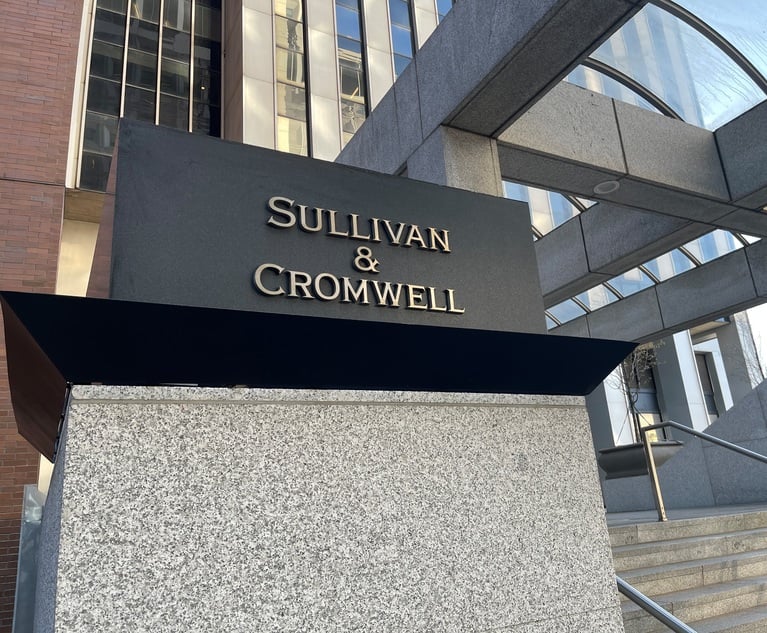 More malpractice claims caused by human error. Constant stress. Fractured relationships. These are just some of the consequences that experts and lawyers fear will only get worse as the pace of legal work accelerates.
More malpractice claims caused by human error. Constant stress. Fractured relationships. These are just some of the consequences that experts and lawyers fear will only get worse as the pace of legal work accelerates.
In more than a dozen interviews with New York lawyers, experts on workplace culture and even significant others, a complex picture emerged. Some lawyers find the technology that allows them to see a Broadway show while waiting for an important document to be a blessing. But others see the 24/7 legal world as debilitating and are looking for ways to manage unreasonable clients.







